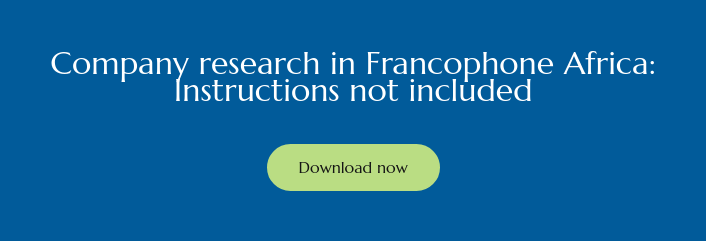Insights on Gulf-Africa Commercial Ties: An Interview with Diligencia
Read moreGulf investments in West Africa
Despite being historically Africa’s earliest trading partner, news of the Middle East region’s more recent investments into the continent have sometimes been pushed into the margins by headline-grabbing initiatives by China and India, amongst others. However, the emergence of Dubai as a hub for companies wanting to invest in Africa – helped no doubt by Emirates’ and Etihad’s extensive network of flight connections into the continent – has thrown some light on the Gulf states’ own ambitions there. This is also reflected in a series of events held over the last 12 months: the Dubai Global Business Forum on Africa, the Middle-East Africa Forum, The Africa Middle-East Investment Forum (AMEIF), and the Middle East & Africa FinTech Forum, to name but a few.
Though the Gulf states have traditionally channeled economic and political influence towards North African states, more recent investments are moving increasingly south of the Sahara with the UAE taking the lead. The 2016 fDi Report even listed the UAE as the second largest investor in Africa after China. GCC enterprises such as DP World, the third largest terminal operator in the world and present in Senegal, Ghana and Mali; Etisalat with brand presence in Benin, Burkina Faso, Togo, Niger and Cote d Ivoire under the Moor brand; Investment Corporation of Dubai’s US$300m stake in Dangote Cement, Nigeria’s biggest company by market capitalisation; Qatar National Bank‘s 60 percent stake in Ecobank Transnational PLC; the now defunct Abraaj Group took stakes in various sectors including manufacturing, services, healthcare plus mining and Africa Middle East Resources(AMER) which targets commodities in Guinea [bauxite, gold], Niger [uranium] and Mauritania [phosphate] are such examples of Gulf investments in West Africa.
As illustrated by the examples listed above, the key drivers for this activity are a desire to compete for food security and other resources on the continent as well as exercise strategic influence through intrastructure – all underpinned by a need for the Gulf states to diversify their economies. Whether governments and investors in the Middle East have deep enough pockets and the appetite to compete with China and other economic powers, remain to be seen.
- Photo Source: http://www.arabnews.com/node/1061381/corporate-news
